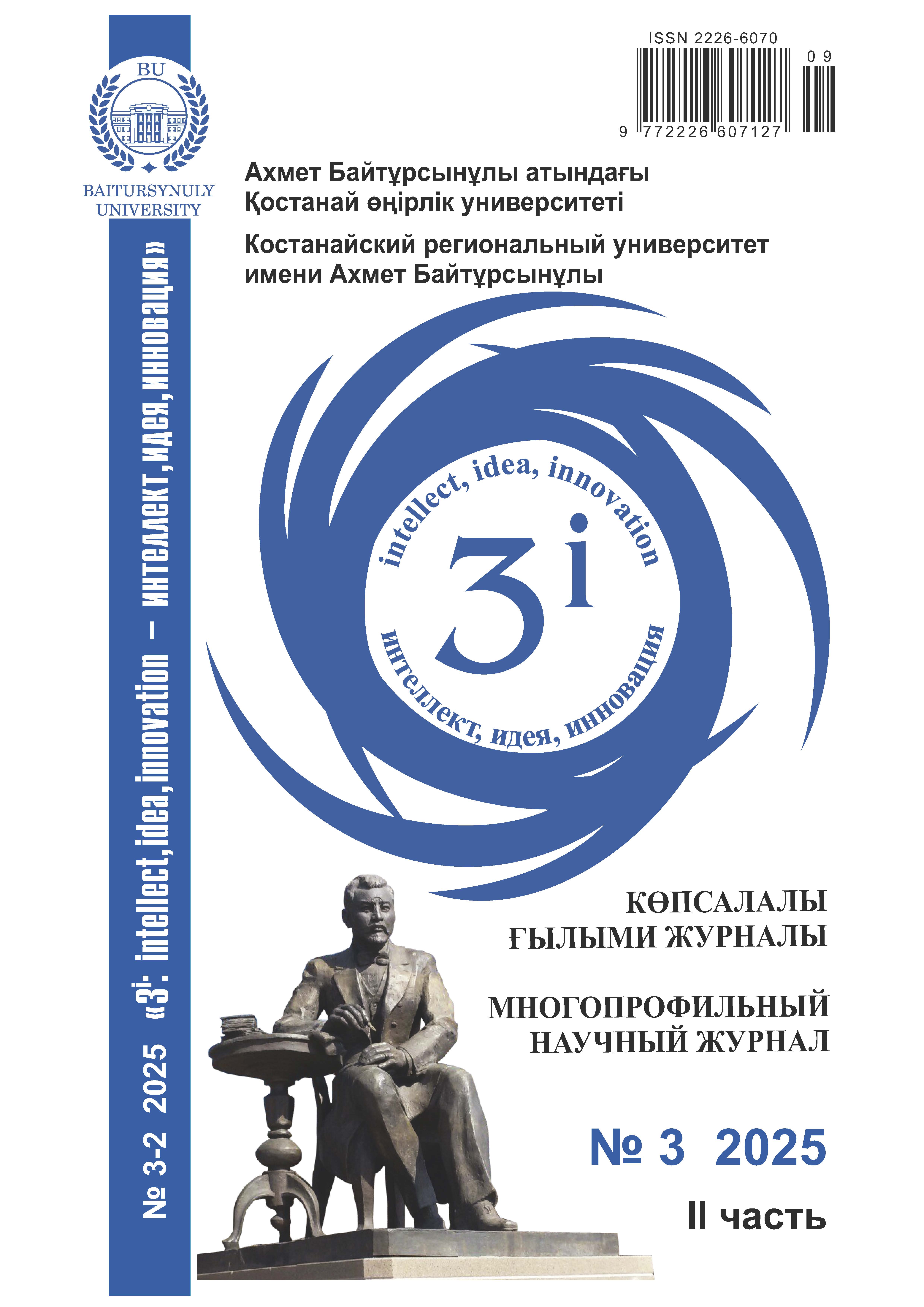METHODS OF FORMATION OF SELF-REGULATION SKILLS IN YOUNGER SCHOOLCHILDREN THROUGH DIFFERENTIATED LEARNING
DOI:
https://doi.org/10.52269/KGTD2532152Keywords:
self-regulation, differentiated learning, pedagogical strategies, individual approach, educational motivation, project activity, educational process, methodological recommendationsAbstract
The article is devoted to the study of methods for developing self-regulation skills in primary school students through differentiated learning. The relevance of this study arises from the need to develop children’s ability to consciously regulate their learning activities, which is a key factor in achieving academic success, fostering independence, and adapting to the demands of the modern educational environment. Self-regulation contributes to effective time planning, overcoming learning difficulties and increasing motivation, which is especially important in primary school age. The paper presents theoretical and practical aspects of implementing a differentiated approach, with an emphasis on taking into account the individual characteristics of primary school students. Factors such as the level of cognitive activity, the pace of learning, educational motivation and emotional readiness to complete tasks are considered. Particular attention is paid to the introduction of pedagogical methods aimed at developing the skills of goal setting, self-control, reflection and self-assessment. The study was conducted using an integrated methodological approach, including observation, testing, questionnaires and experimental programs. It was found that the use of differentiated tasks, project activities and interactive methods significantly increases the learning motivation, involvement of schoolchildren and their academic performance. The experimental results demonstrate that the adaptation of the educational process to the individual characteristics of students allows not only to improve current educational results, but also to develop metacognitive abilities in children necessary for independent solution of complex problems. The practical significance of the study lies in the development of methodological recommendations for primary school teachers on the integration of differentiated learning methods aimed at the effective development of self-regulation skills. These recommendations will help create favorable conditions for increasing the motivation, involvement and independence of younger students, which contributes to their successful adaptation to further education.




